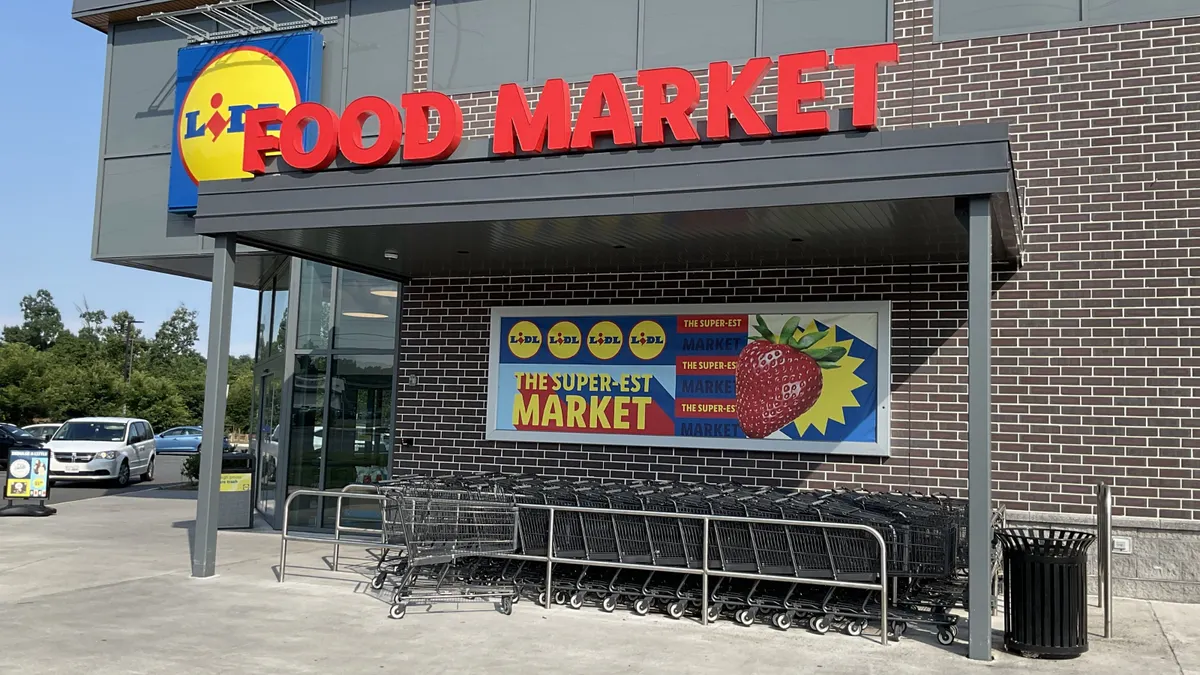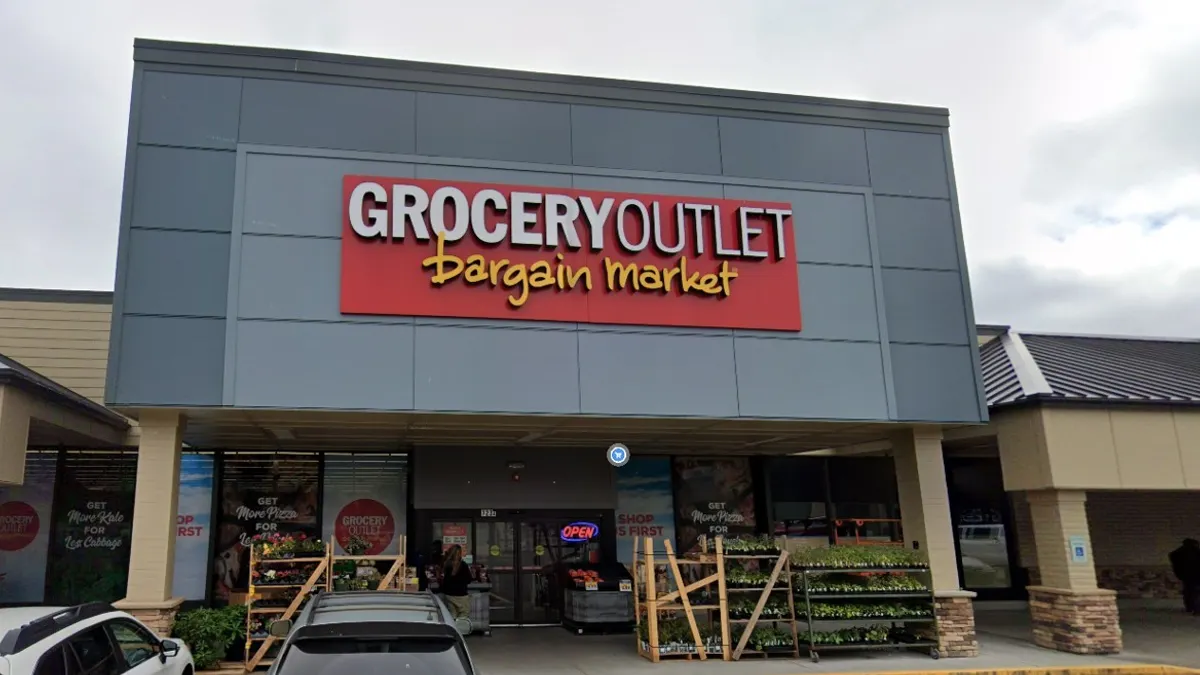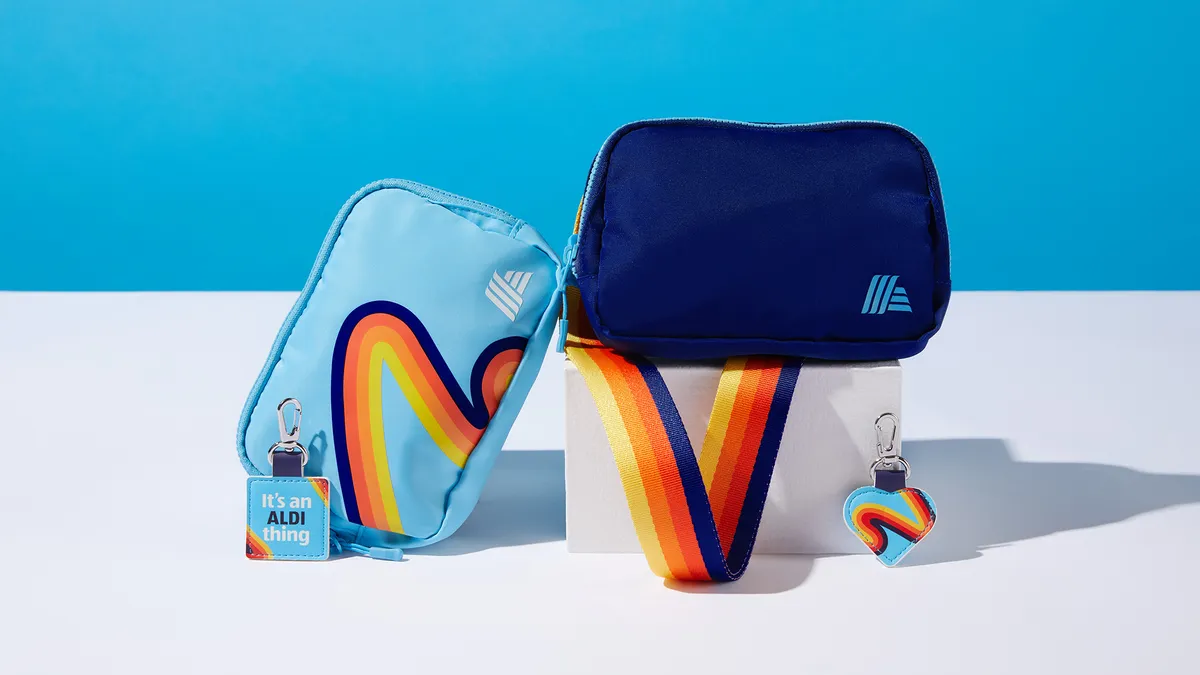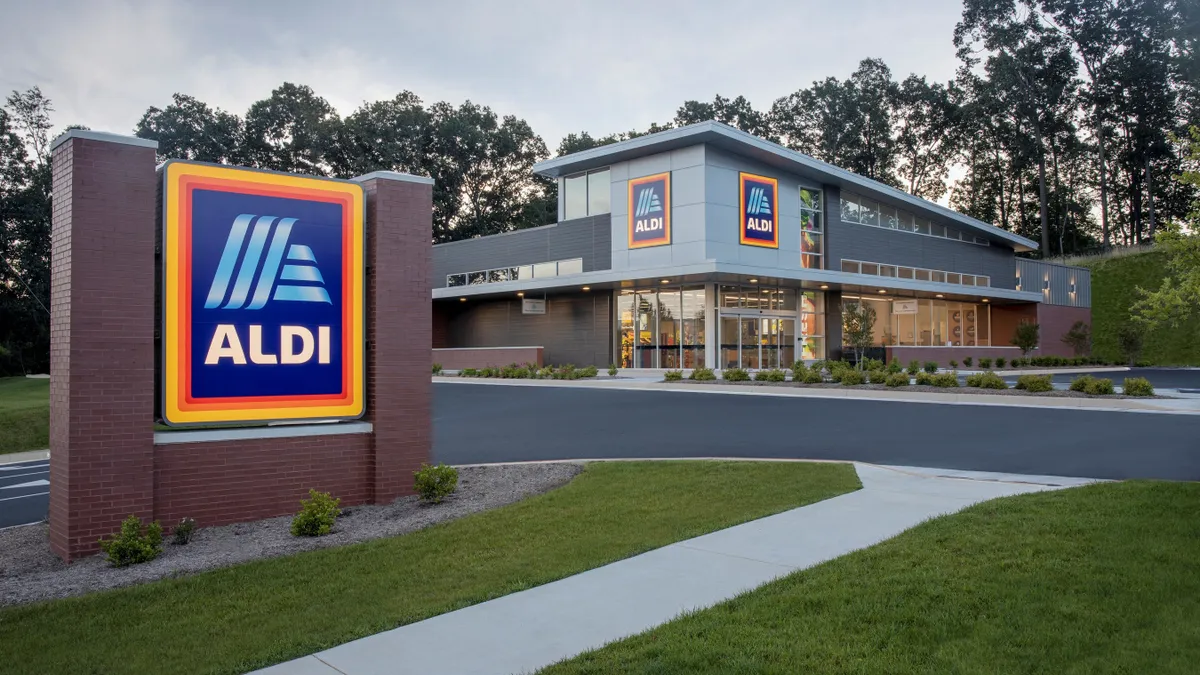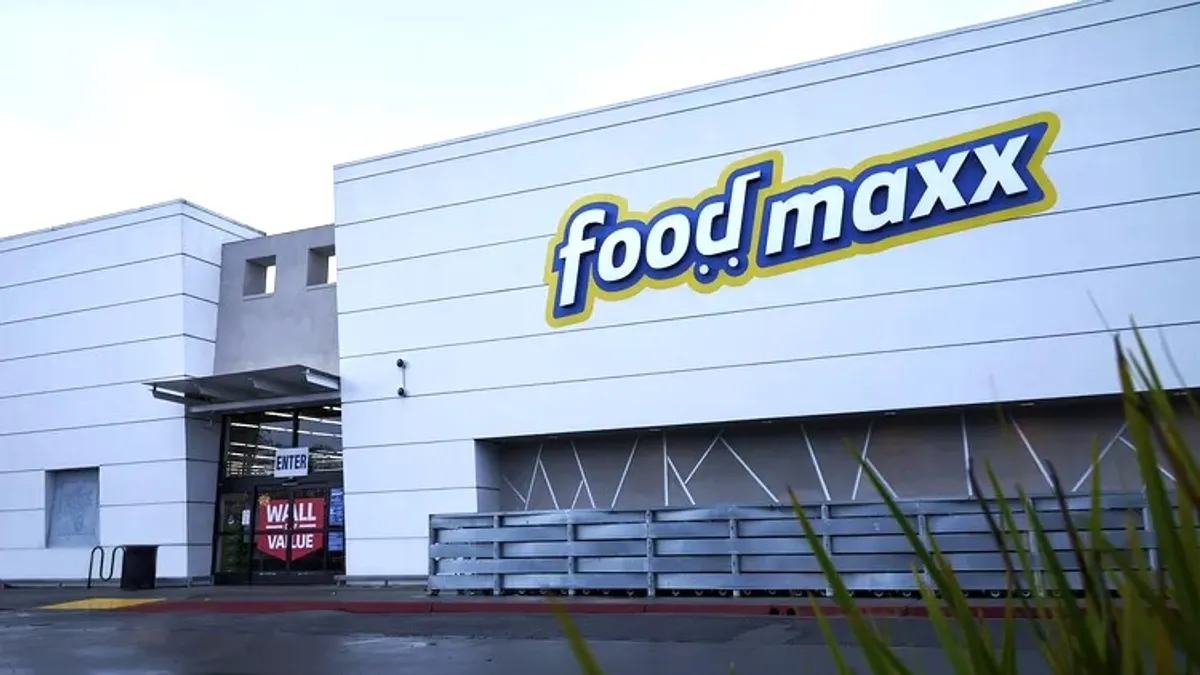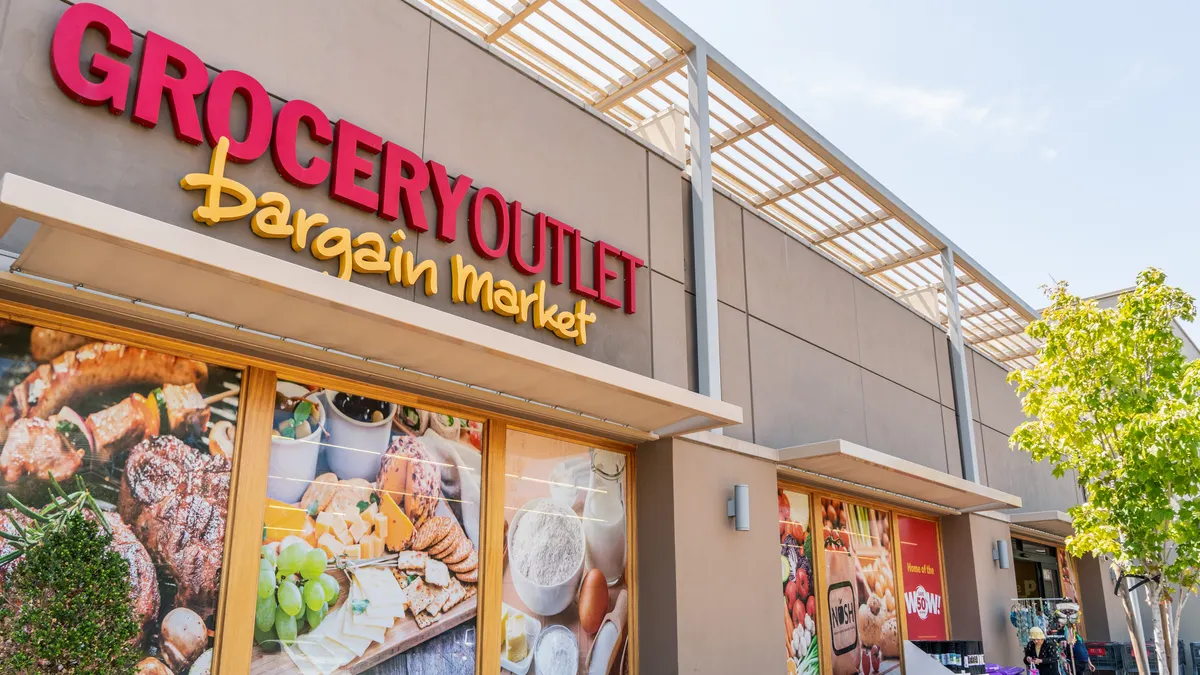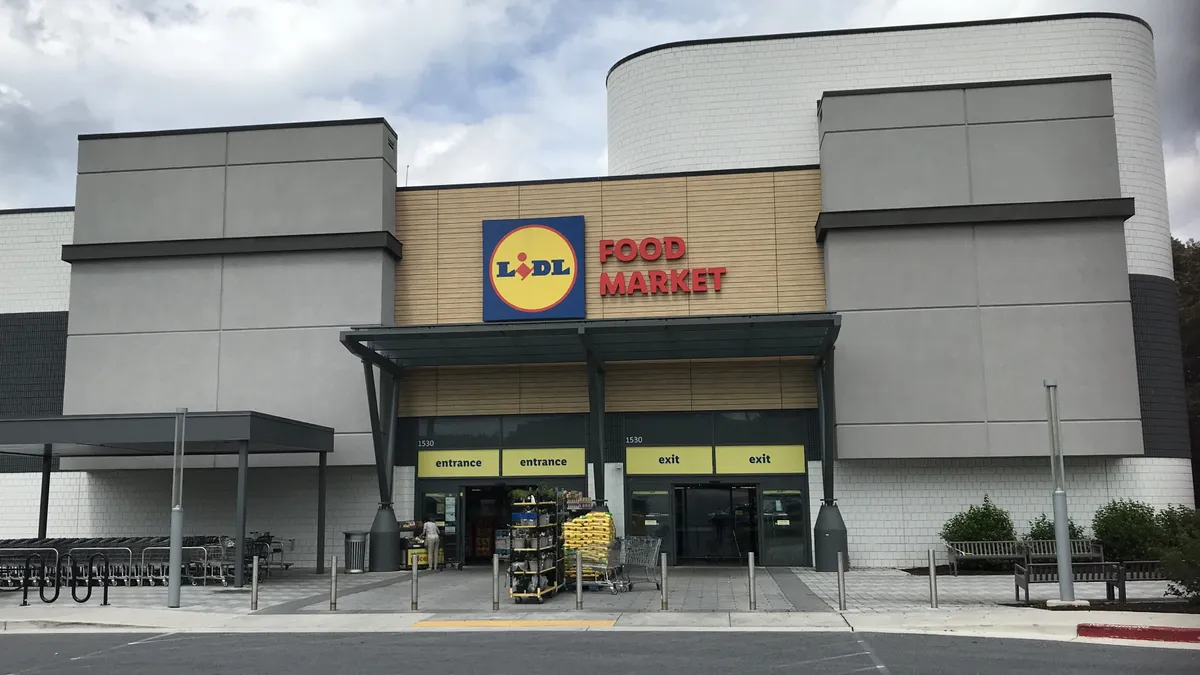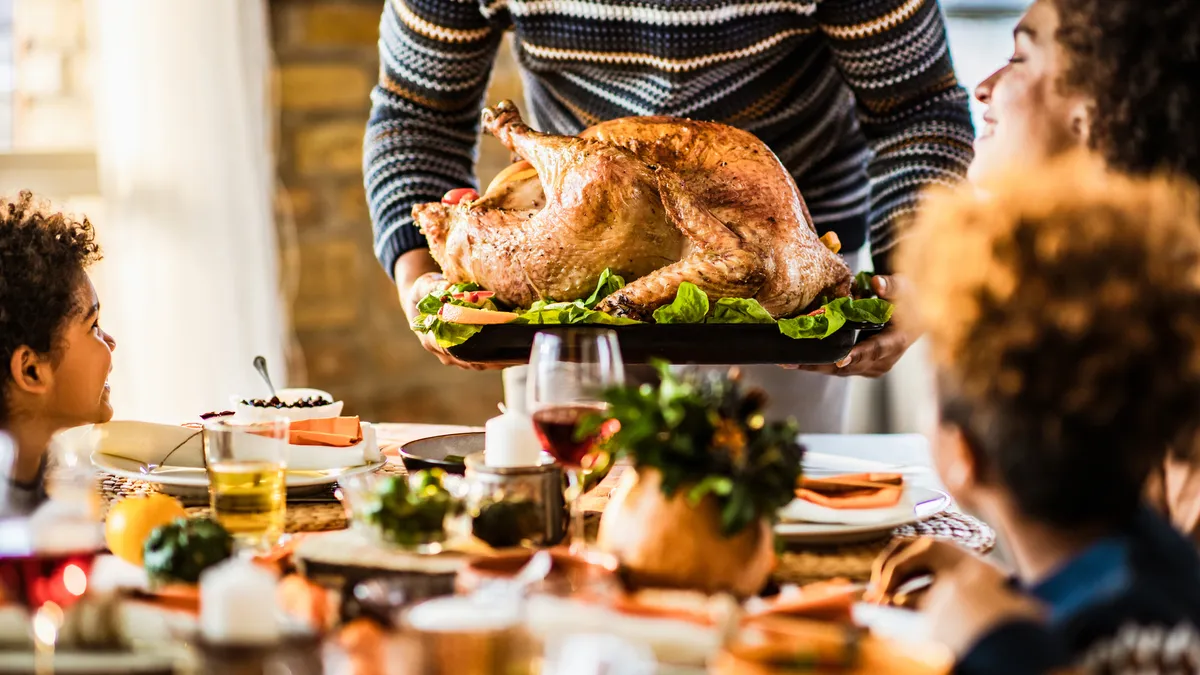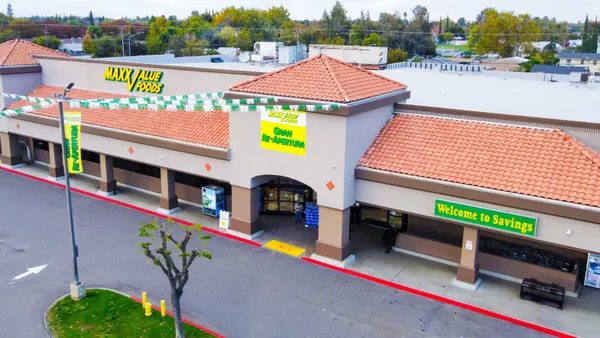Joel Rampoldt heads the U.S. division of one of the world’s largest grocery chains, but on a recent visit to one of Lidl’s more than 185 stateside stores, he was intensely focused on the order of the ingredients in a jar of private label hazelnut spread.
Rampoldt, CEO of Lidl US, was particularly pleased that the product had a greater percentage of hazelnuts than Nutella, a name brand counterpart on display close to it. He pointed out that Lidl's alternative was also less expensive.
“Hazelnuts are the second ingredient [in Lidl’s version of the spread], so it’s a higher proportion,” Rampoldt said. “It’s a very small thing. But it’s just one very small proof point on just how good that product is.”
Specifics about the composition of individual products on Lidl’s shelves are the kinds of intricate details that excite Rampoldt as he strives to ramp up Lidl’s presence on this side of the Atlantic Ocean, where the German retailer opened its first stores less than a decade ago and is still trying to build name recognition. Rampoldt’s goal is to demonstrate to shoppers that Lidl can be their primary supermarket even though the chain deliberately has a more limited assortment than other grocers.
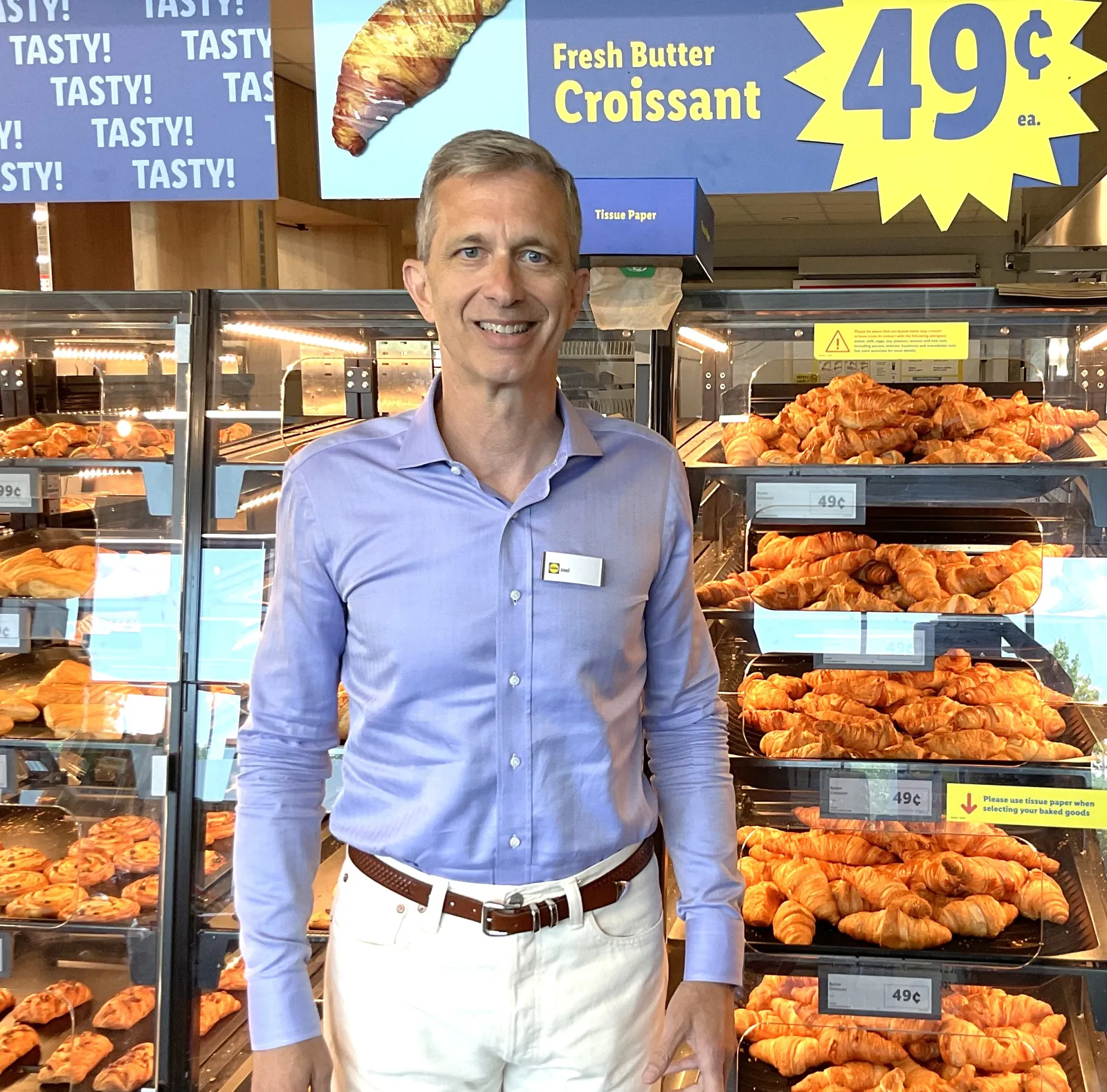
“We couldn’t offer the best price and the best quality on every single item you can stock. So we’re very selective,” said Rampoldt. “The idea is that with the [limited] number of products we have in our stores, you should be able to meet every need that you have as a shopper.”
A former management consultant who took over the top job at the discount food retailer in 2023, Rampoldt makes a point of spending one day most months working in a Lidl store through a company program that allows corporate workers to perform store-level duties.
“I usually just show up and ask the store manager, ‘Where do you want me today?’” he said, noting that he especially enjoys helping to make the freshly baked goods — including the signature 49-cent croissants -– that Lidl prepares in its stores first thing in the morning.
Rampoldt spoke with Grocery Dive about his attraction to the grocery industry — and particularly his love for food — as he led a tour of Lidl’s location in Chantilly, Virginia, in July.
This interview has been edited for length and clarity
GROCERY DIVE: It’s obvious that you have a love of food — that for you, this is not just a business where you have to watch the numbers. You seem to really want people to really enjoy shopping for groceries.
JOEL RAMPOLDT: That’s right — especially in fresh. It’s not as easy to be excited about a can of beans, but we have to have cans of beans. But fresh is where our customers first see us when they walk in the door. Fresh is the center of the plate for meals, fresh protein especially. So this is something that, overall, I’m very excited about.
How does your passion for knowing specific details about items Lidl sells reflect how other people at the company think?
We have to be so careful about which items we carry, because we can’t carry everything, [so] we really like having people who go deep. What is the best possible way to make this? Who’s the best supplier? What’s the most efficient way to ship it? And you can go deep when you don’t have 30,000 items. You can know each one really, really well.
Lidl stores carry products that you might expect to find at a specialty grocery store, like ham from Spain and Irish butter. Are you intentionally trying to differentiate your stores from other grocers’ locations by bringing the feel of a specialty retailer to your locations to some extent?
That is exactly what we’re shooting for. Now, there are things that we will never do. We’re never going to have service counters. We’re not going to have rotisserie chicken [because that would be] inconsistent with our cost structure and our cost promise, our price promise. But you’re exactly right. If we can have aspects of a specialty food store, then why wouldn’t we do this?
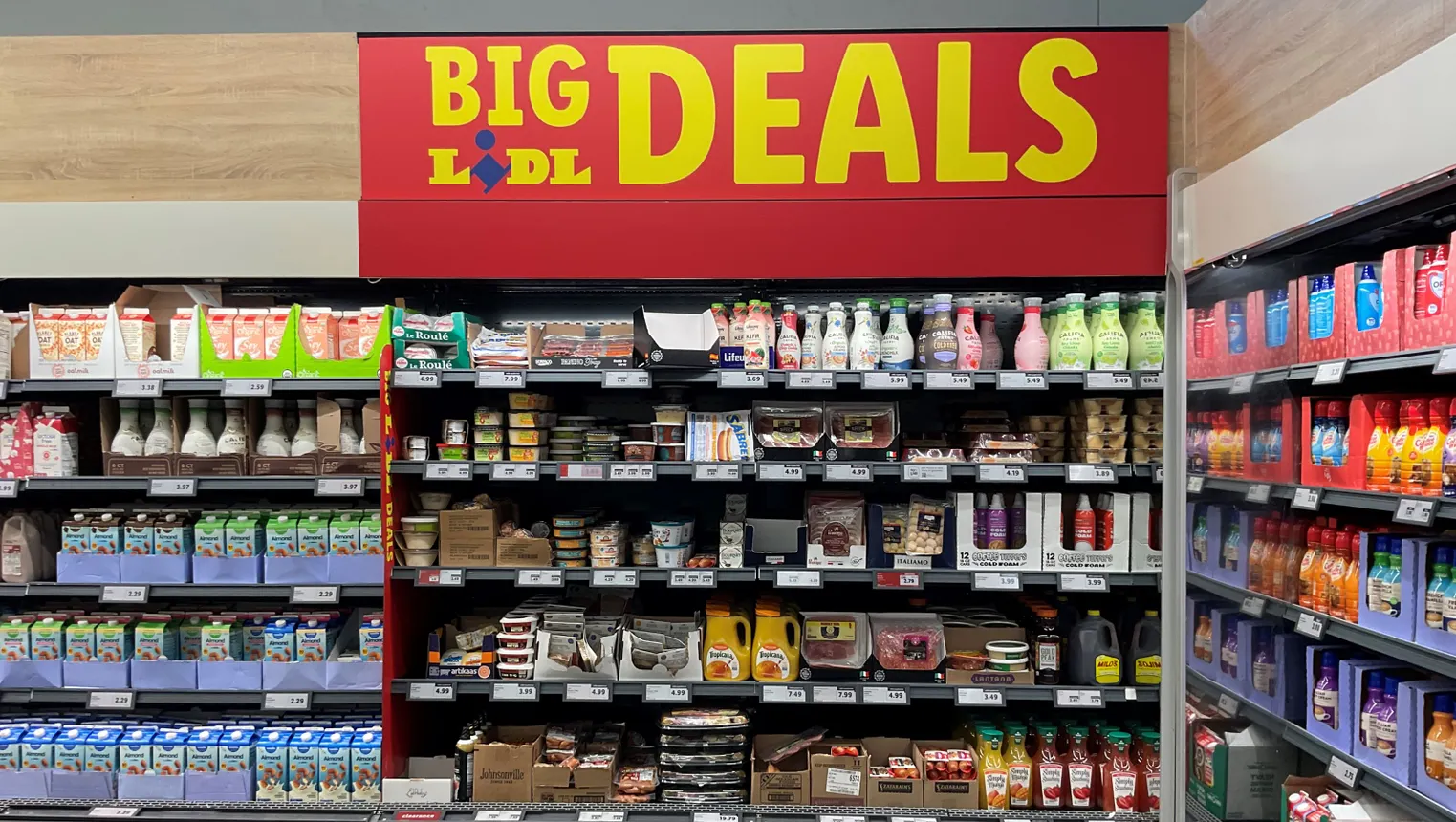
What are your thoughts about how Lidl’s practice of putting goods on shelves in the boxes they’re shipped in affects how they look to shoppers?
Some retailers will always hand-stack. They want the presentation to be beautiful and perfect. I don’t want it to be beautiful and perfect. I want it to be in stock, easy to shop and the best price.
Lidl found a way to make a fresh bakery work within the company’s model. Have you given any thought to ever introducing, say, a deli counter that also reflects Lidl’s focus on efficiency?
My view is that’s a bridge too far. Maybe some day we’ll get around to trying that, but right now the quality that we can offer in our fresh meat case is more than good enough. The math doesn’t work the way it does in bakery.
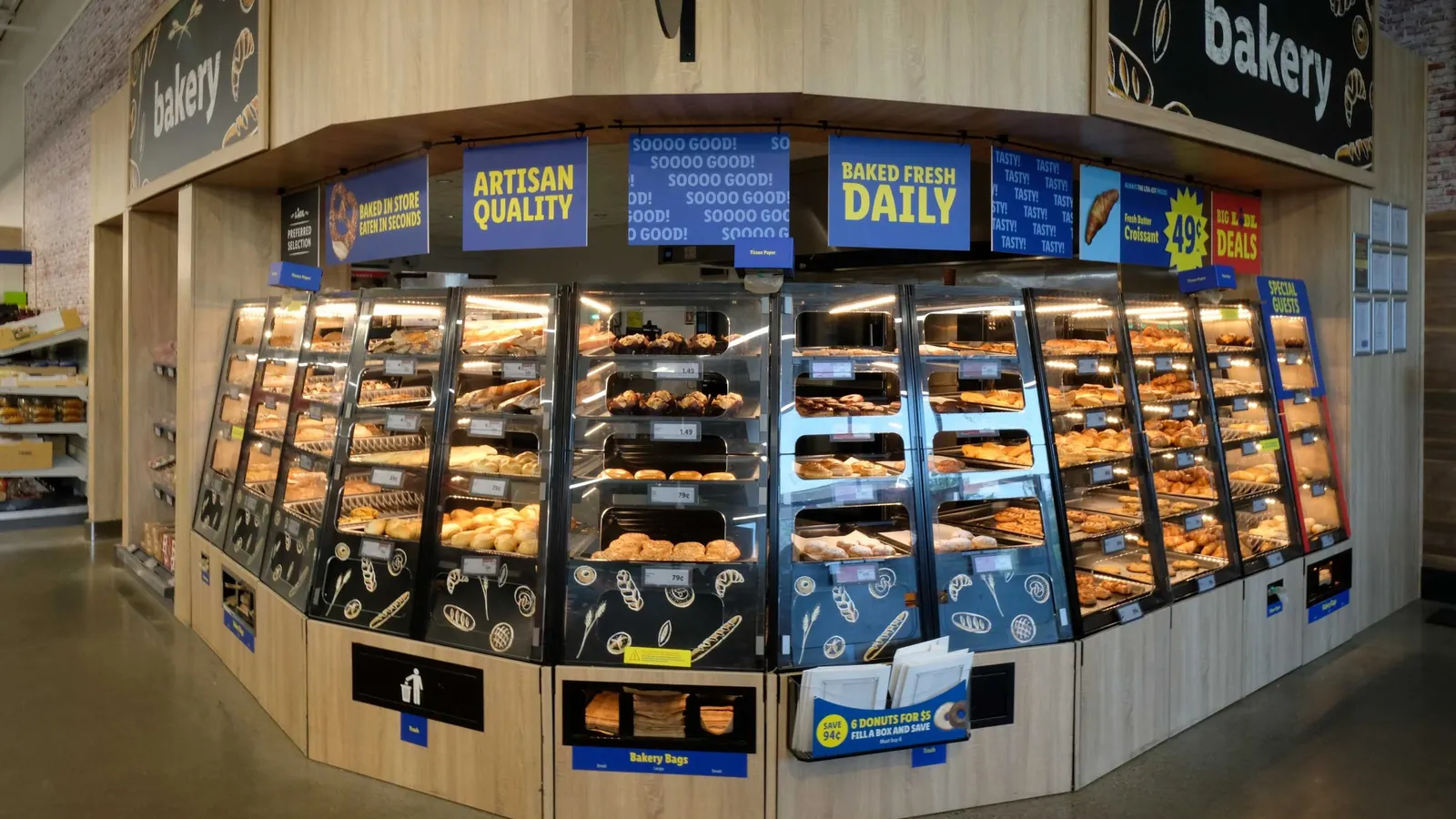
How did your background as a management consultant affect your decision to join Lidl?
I’ve seen a lot of grocery companies from the inside and lots of different formats, and I’ve always been very passionate about the discounter business model.
I’ve worked with discounters in Europe and here in the U.S. And this model of keeping it simple, having a carefully curated number of SKUs, having stores that are smaller and easier to get into and out of, leading on price, works. I know it works. And so I thought it was a great opportunity for me to help Lidl make it work here in the U.S., just like we do everywhere else.
People often think of Lidl in the same vein as Aldi, since you’re both discounters and based in Germany. What are your thoughts about that?
There are superficial similarities, and there are some non-superficial similarities, between Aldi and Lidl — but there are also some very big differences. We know from our customer research, there are some customers who shop with both of us, but there are an awful lot of customers who really just choose one or the other and are loyal to them. So they do their thing, and I wish them luck at that. And we do what we think is right for us.


